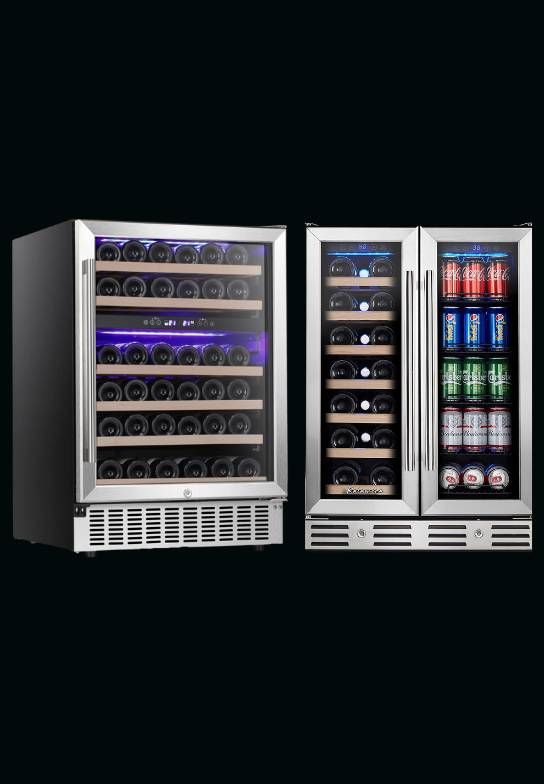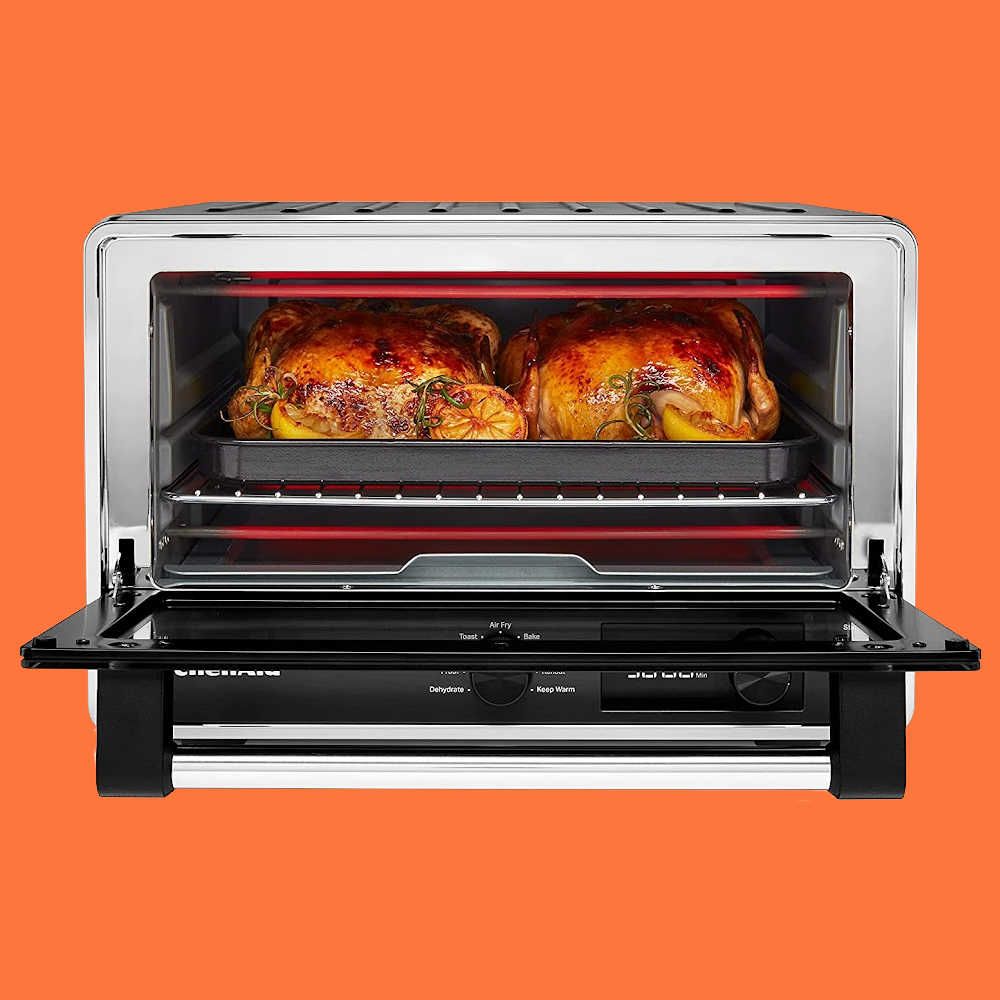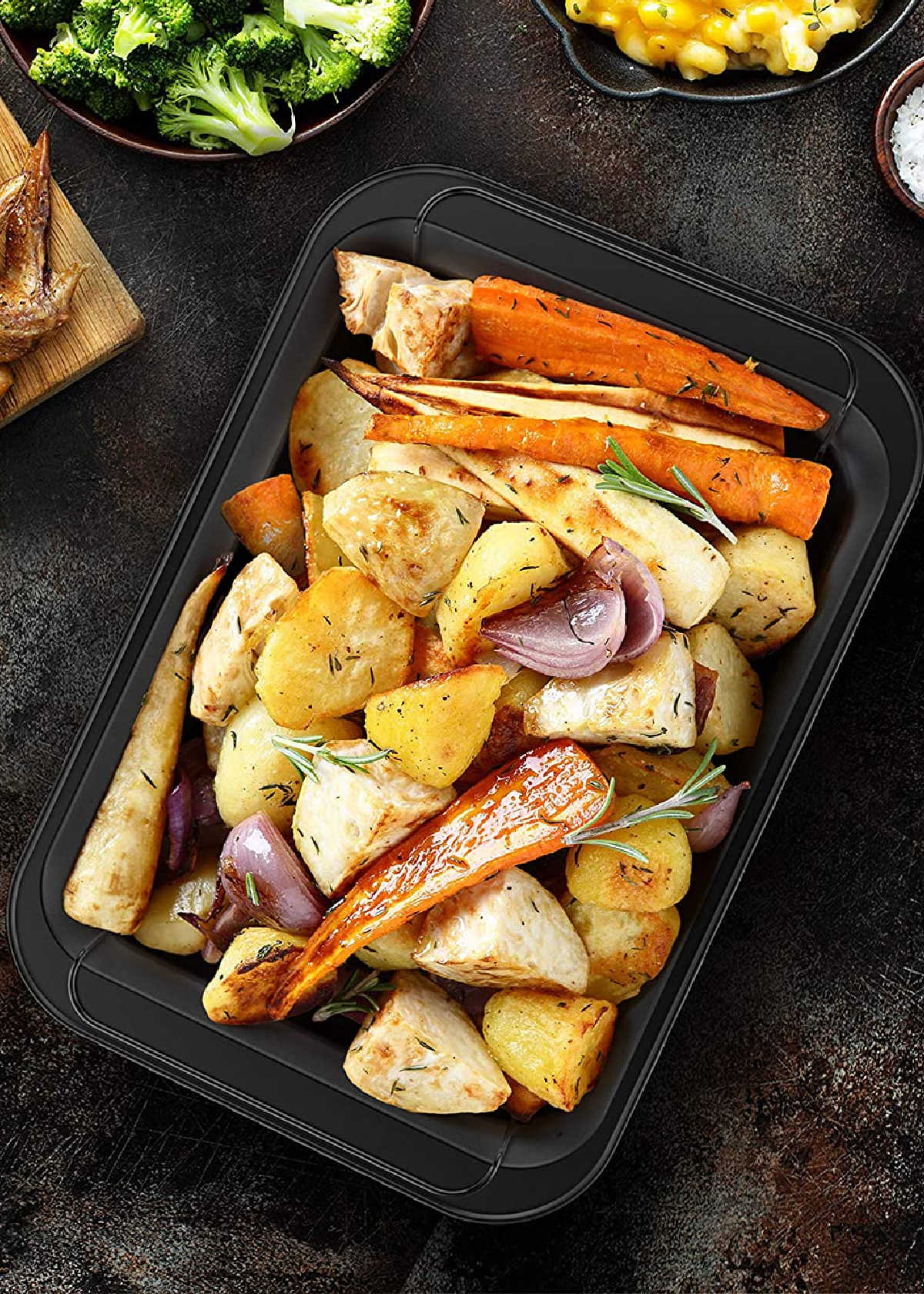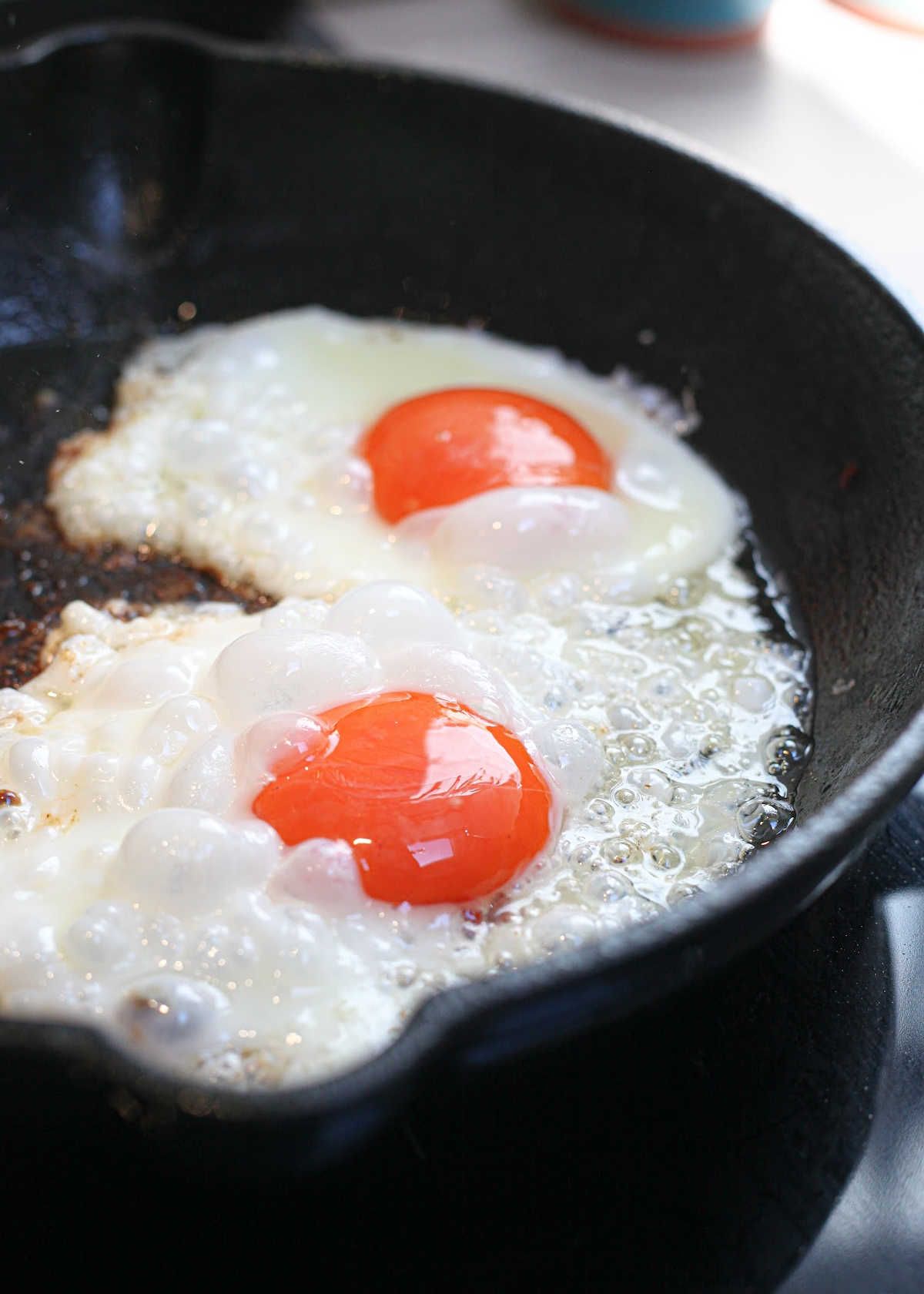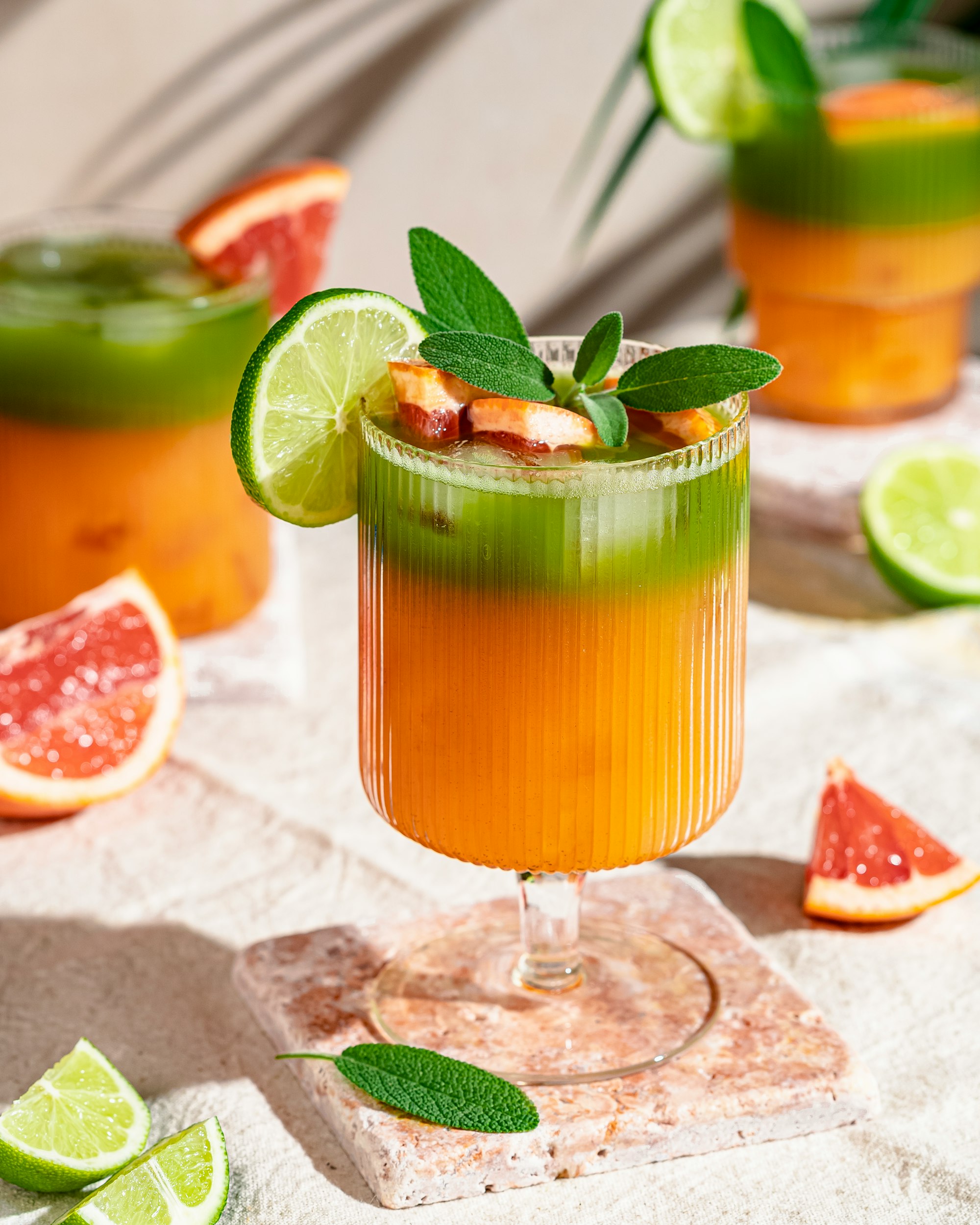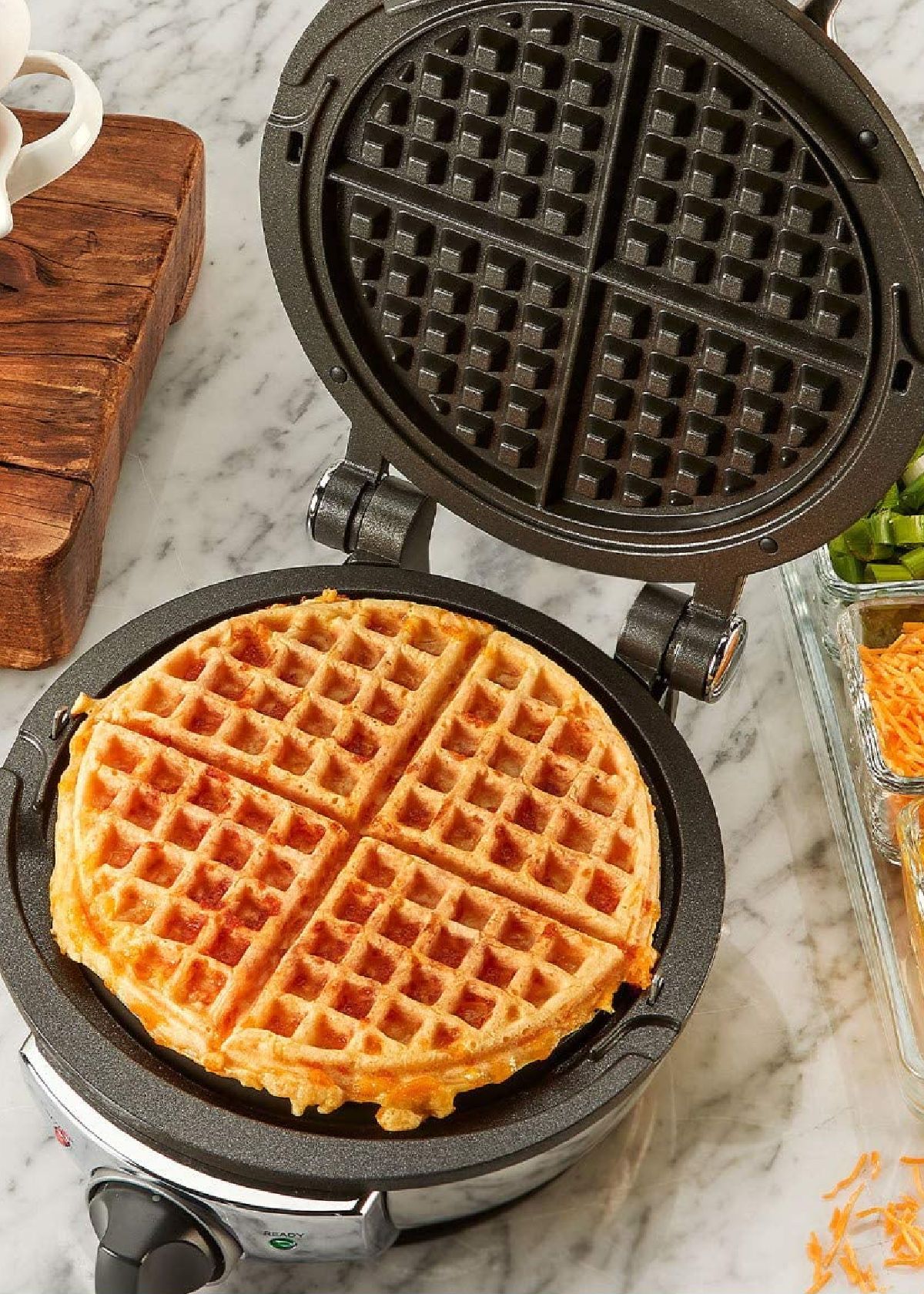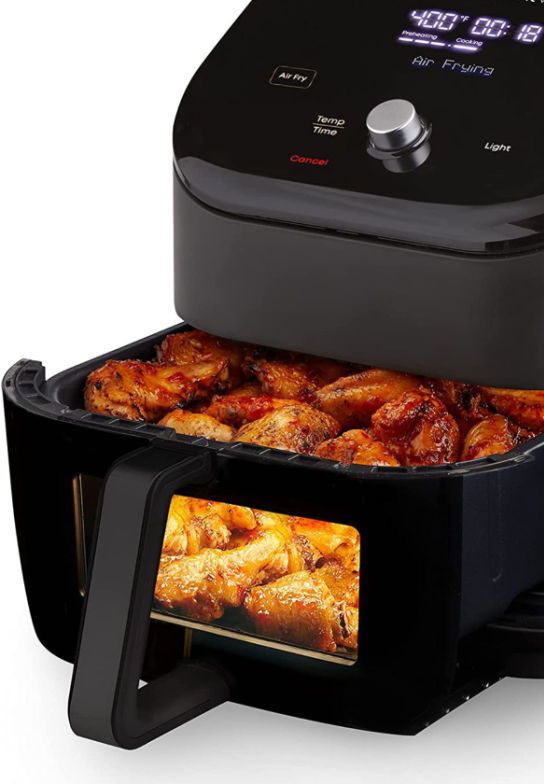Content Summary
When it comes to keeping your bottles and cans at the perfect temperature, understanding the differences between wine fridges and beverage fridges can make all the difference.
In this comprehensive guide, we’ll dive into the pros and cons of each option, and determine whether or not a beverage fridge can double as a wine cooler. We'll provide you with the information you need to make an informed decision.




Wine Fridge vs Beverage Fridge: The Differences
Both fridges are designed to keep drinks cool, but they differ in terms of purpose, shelf design, temperature range, humidity control, size and capacity as well as cost.
- Purpose of use: If you're a big wine drinker, then a wine fridge might be the best option for you. However, if you're just looking for a way to keep soda and beer at a cool temperature, a beverage fridge will be more suitable.
- Temperature settings: Wine fridges are designed to maintain a consistent temperature for wines, while beverage fridges are just meant to keep drinks cool. The ideal temperature for wine is between 41°-64°F (5°-18°C), while beverages are generally stored at around 35°-45°F (2-7°C).
- Humidity and light control: For proper storage, a dedicated wine cooler is equipped with humidity control. It also features UV-protected glass doors, all to help preserve the taste and quality of the wine. A beverage cooler doesn't have these features.
- Size and capacity: Depending on the size of a wine collection and the fact that wine comes in a bottle, wine fridges range from small to large. Beverage fridges store cans and small bottles, and are usually small and compact.
- Interior design: Wine fridges are often designed to be aesthetically pleasing and can come with wood shelves, glass doors, and more. Beverage fridges are typically designed with adjustable shelves to accommodate different-sized cans and smaller beer bottles.
- Cost: Wine fridges tend to be more expensive than beverage fridges, but the cost really depends on both size and features.
Wine Cooler vs Beverage Cooler: The Pros & Cons
1. Benefits Of Wine Coolers
- Optimal temperature: It allows wine enthusiasts to store wine at the optimal temperature. This ensures that the wine stays fresh and retains its characteristic taste, smell and color.
- Consistent humidity: the best wine coolers provide a consistent humidity level. They help to prevent the cork from drying out, crucial for preserving the wines' flavor and quality.
- Cooling zones: In a dual zone wine refrigerator you can store different types of wine at their ideal temperatures. Wine collectors cannot live without one.
- Light and vibrations control: Some high-end wine fridges can also filter out UV light and vibrations that may damage wines over time.
- Modern design: Another perk of wine fridges is their aesthetic appeal. Many models are designed to look sleek and elegant, making them a stylish addition to any home.
2. Cons Of Wine Coolers
- High price: One of the drawbacks of wine refrigerators is their price point. They tend to be more expensive than beverage fridges. Depending on the brand and model, it can be significantly more expensive.
- Less versatile: Because wine fridges are specifically designed to maintain a certain temperature and humidity level for red wines and white wines, they are not as versatile as beverage fridges. This means that if it's chilling drinks you want or storing a variety of drinks, a wine fridge is not the appropriate option.
- More space: Wine fridges take up more space and are usually designed to hold a specific number of bottles. They also require more maintenance.
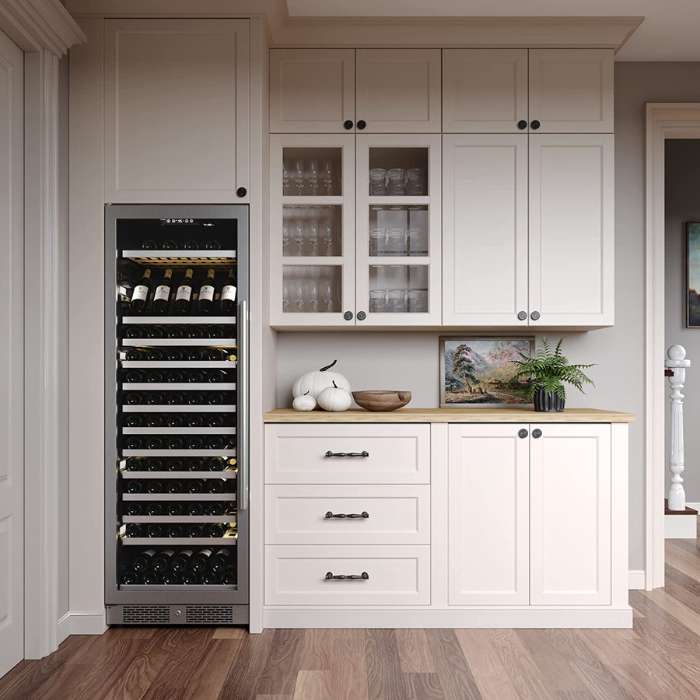
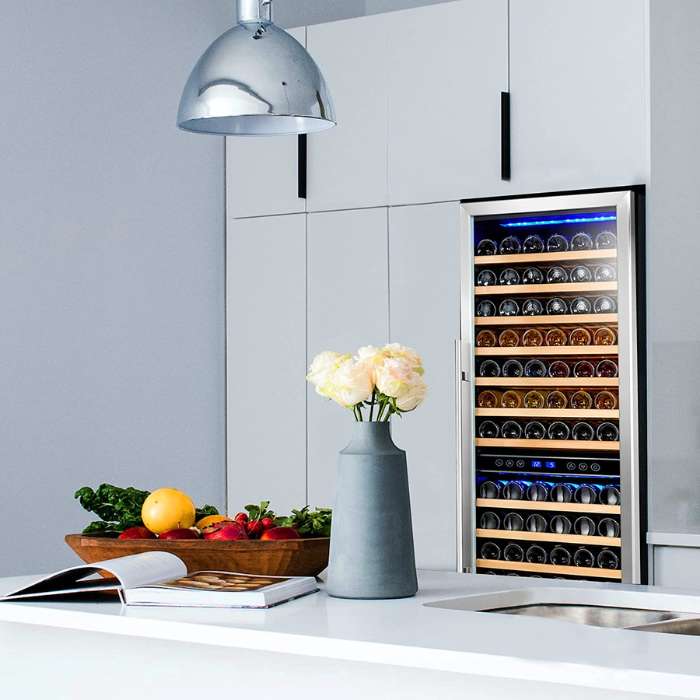



3. Benefits Of Beverage Coolers
- Cost-effective: Because beverage fridges have less features than a wine fridge, they are more affordable, making them a great option for those on a budget.
- More versatile: They are more versatile in terms of the types of drinks they can hold, as they have adjustable shelves that can accommodate cans, bottles, and larger beverage containers. If you like your drinks cold, you'll want a beverage fridge.
- More compact: Beverage fridges are often compact and designed to fit in small spaces, and are available in a variety of sizes and styles to match any décor.
- More storage: A beverage refrigerator has a storage capacity to hold a variety of canned drinks at a cool-to-cold temperature. Some models have adjustable shelves to store bottles and larger beverage containers.
4. Cons Of Beverage Coolers
- Inconsistent temperature levels: They don't offer the same level of temperature control as wine fridges. Because they only need to cool drinks to a certain temperature, they don't need to be as precise.
- Smaller shelves and racks: Because they're designed for different sizes of beverage containers, they may not be fit to hold larger wine bottles.
- Ineffective humidity control: They also don't offer the same level of humidity control as wine fridges, so it's not suitable for long-term storage.
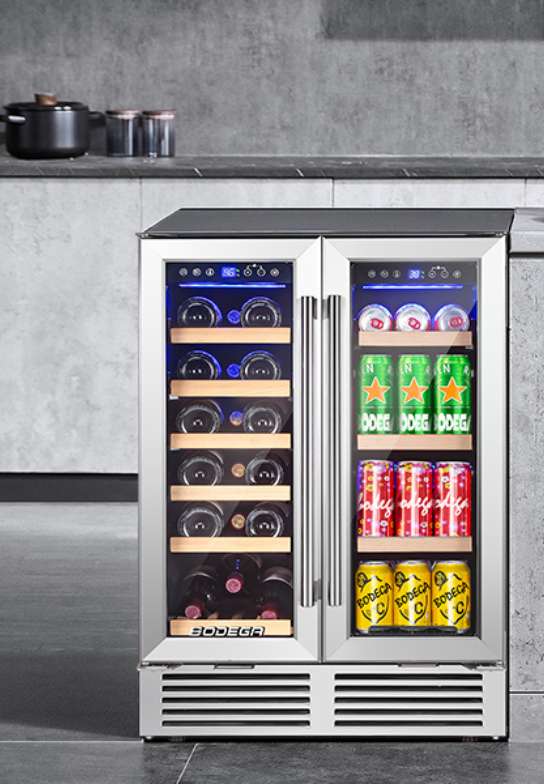



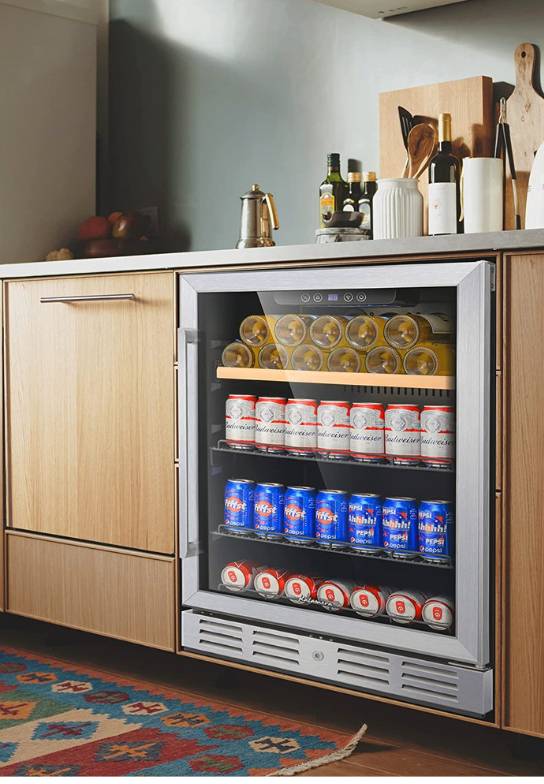
Wine Fridge vs Beverage Fridge FAQs
Here are some frequently asked questions about wine fridges vs beverage fridges:
Can a beverage cooler be used as a wine cooler?
Not really. To ensure the best possible preservation of your wine, you need a wine cooler.
- Wine fridges are designed for storing wine for a longer time, at a specific temperature range, with optimal humidity and ventilation controls.
- A beverage cooler may keep wine too cool. It's designed for a different purpose, and won't maintain the proper humidity and temperature zones fit for wine.
- Additionally, the vibrations and UV light that can be present in a beverage cooler can damage wine over time, affecting its flavor and overall quality.
Can I store milk in beverage fridge?
You can store milk in a beverage fridge. A beverage center comes with adjustable shelves, and temperature controls to set it to the desired temperature (usually around 4°C).
However, it is important to keep an eye on the expiration date of milk and other dairy products. Like any standard refrigerator, it should be cleaned regularly to avoid the growth of bacteria and mold.
Can you store juice in a wine cooler?
It's not recommended to store fresh fruit juice in a wine cooler. Juices should be consumed within 48 hours, and should be stored at lower temperatures than wines 35°-45°F (2°-7°C). Most wine coolers are set to a temperature above this range of 41°-64°F (5°-18°C).
It'd be better to store juice in a beverage fridge, which is designed to store beverages at a lower temperature.
Tips & Tricks
- When it comes to choosing a fridge for storing your drinks, make sure you consider the type of drinks and beverages you’ll be storing.
- When shopping for a beverage fridge, look for models with adjustable shelves and temperature controls to make sure your drinks stay at the optimal temperatures.
- A wine fridge is great for storing wines long-term (single zone) and short-term for optimal serving temperatures (dual zone). A beverage fridge is more cost-effective and versatile in terms of the types of drinks it can store.
- When wine lovers are looking for a place to store their wine collection, then a wine fridge is definitely the best option.
- If you like carbonated drinks, beer or other beverages and need to store multiple cans, cans of different sizes or bottles, then a beverage fridge is the right choice for you.
Interested in getting a beverage fridge that combines the best features of two different models? Check out our guide to the top beverage fridges.
Selected fridges come with dual zones to keep different types of canned drinks and wines at their ideal temperatures. They can hold between 18-112 wine bottles and more than 50 cans.

We believe this guide has provided you with the necessary information to make a well-informed decision for your household.
Happy drinking!
Catchy Finds



